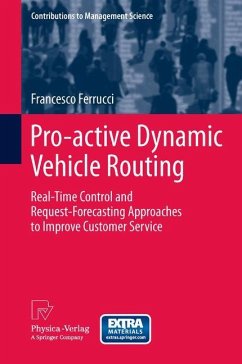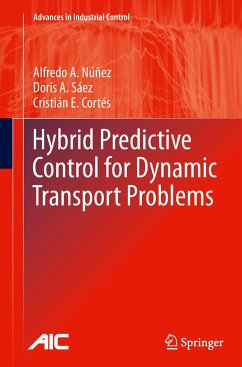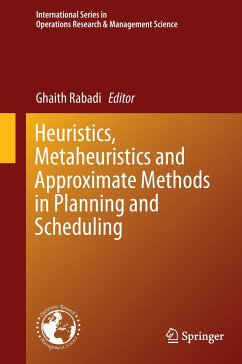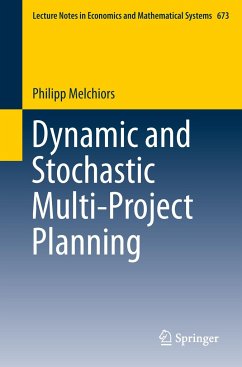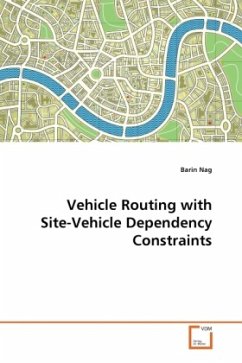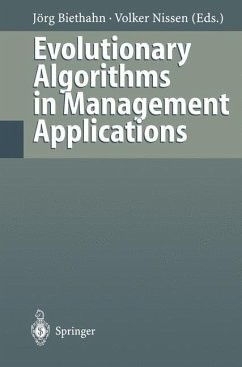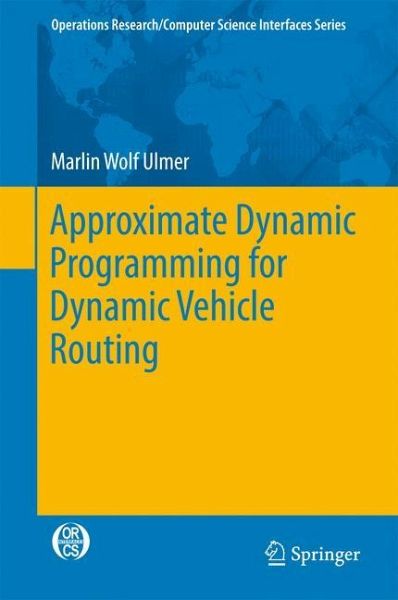
Approximate Dynamic Programming for Dynamic Vehicle Routing
Versandkostenfrei!
Versandfertig in 6-10 Tagen
106,99 €
inkl. MwSt.
Weitere Ausgaben:

PAYBACK Punkte
53 °P sammeln!
This book provides a straightforward overview for every researcher interested in stochastic dynamic vehicle routing problems (SDVRPs). The book is written for both the applied researcher looking for suitable solution approaches for particular problems as well as for the theoretical researcher looking for effective and efficient methods of stochastic dynamic optimization and approximate dynamic programming (ADP). To this end, the book contains two parts. In the first part, the general methodology required for modeling and approaching SDVRPs is presented. It presents adapted and new, general ant...
This book provides a straightforward overview for every researcher interested in stochastic dynamic vehicle routing problems (SDVRPs). The book is written for both the applied researcher looking for suitable solution approaches for particular problems as well as for the theoretical researcher looking for effective and efficient methods of stochastic dynamic optimization and approximate dynamic programming (ADP). To this end, the book contains two parts. In the first part, the general methodology required for modeling and approaching SDVRPs is presented. It presents adapted and new, general anticipatory methods of ADP tailored to the needs of dynamic vehicle routing. Since stochastic dynamic optimization is often complex and may not always be intuitive on first glance, the author accompanies the ADP-methodology with illustrative examples from the field of SDVRPs.
The second part of this book then depicts the application of the theory to a specific SDVRP. The process starts from the real-world application. The author describes a SDVRP with stochastic customer requests often addressed in the literature, and then shows in detail how this problem can be modeled as a Markov decision process and presents several anticipatory solution approaches based on ADP. In an extensive computational study, he shows the advantages of the presented approaches compared to conventional heuristics. To allow deep insights in the functionality of ADP, he presents a comprehensive analysis of the ADP approaches.
The second part of this book then depicts the application of the theory to a specific SDVRP. The process starts from the real-world application. The author describes a SDVRP with stochastic customer requests often addressed in the literature, and then shows in detail how this problem can be modeled as a Markov decision process and presents several anticipatory solution approaches based on ADP. In an extensive computational study, he shows the advantages of the presented approaches compared to conventional heuristics. To allow deep insights in the functionality of ADP, he presents a comprehensive analysis of the ADP approaches.



